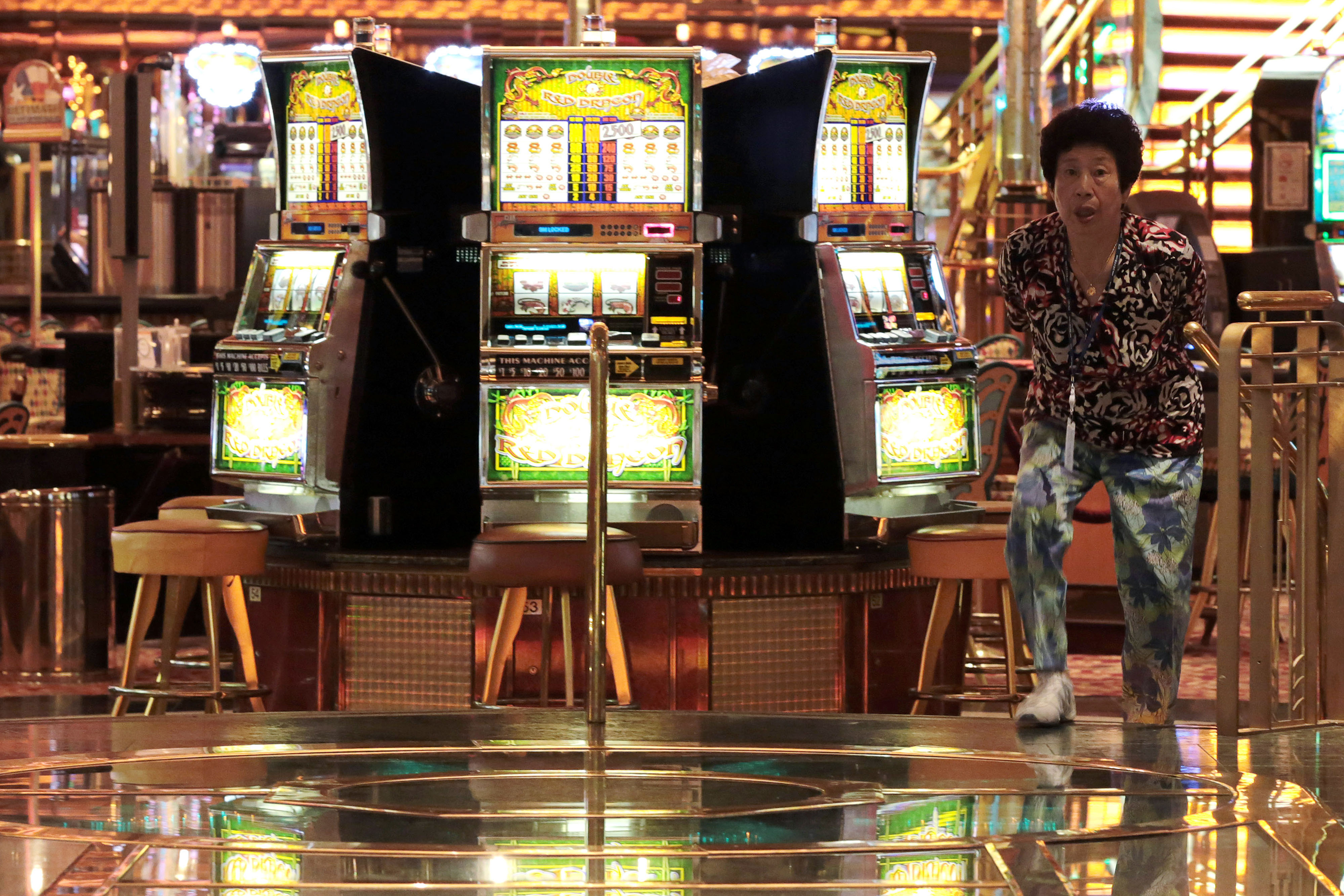Most of the Olympics-related news reported since Tokyo won the right to host the 2020 Games is about projected economic benefits and drawbacks. A lot of construction will take place over the next seven years, but not all of it will be directly related to the sporting event.
Take casinos, which are suddenly a sure thing. Ever since Shintaro Ishihara proposed casinos for the Tokyo waterfront district of Odaiba back in 1999, when he first became governor, the prospect of legalized gaming has waxed and waned. Ishihara initially thought the area, developed for an international city expo that his predecessor canceled, was going to waste and that it was the perfect place for casinos. Over the years, however, his plan ran into obstacles, most of which were erected by the National Police Agency, which was wary of organized-crime involvement, as well as any changes to jealously guarded fūzoku (immorality) rules that made casino gambling illegal and thus guaranteed pachinko parlor profits, some of which legally go into NPA benefits schemes.
But over the years a burgeoning bipartisan group of national lawmakers has been putting together its own plan to create special zones where regulations that prohibit gambling would be relaxed, and now they are making their move. According to Tokyo Shimbun, a bill to make these extralegal zones a reality will be the first order of business during the next Diet session, and it seems almost certain that the bill will pass. Thereafter, the group will submit more detailed bills to make Integrated Resorts (IR) happen in Odaiba, as well as other cities in Japan. If construction starts by 2016, casinos could be open for business by the time the athletes arrive for the Olympics.


















With your current subscription plan you can comment on stories. However, before writing your first comment, please create a display name in the Profile section of your subscriber account page.